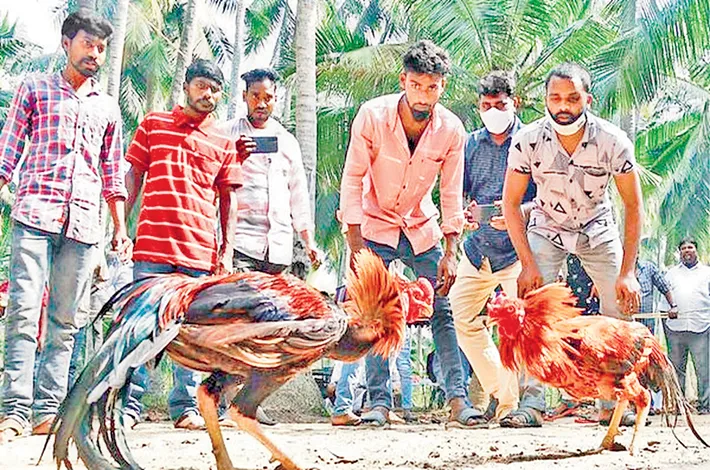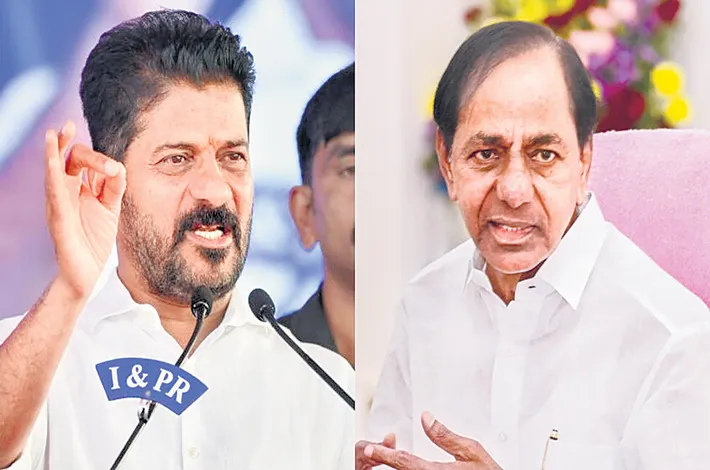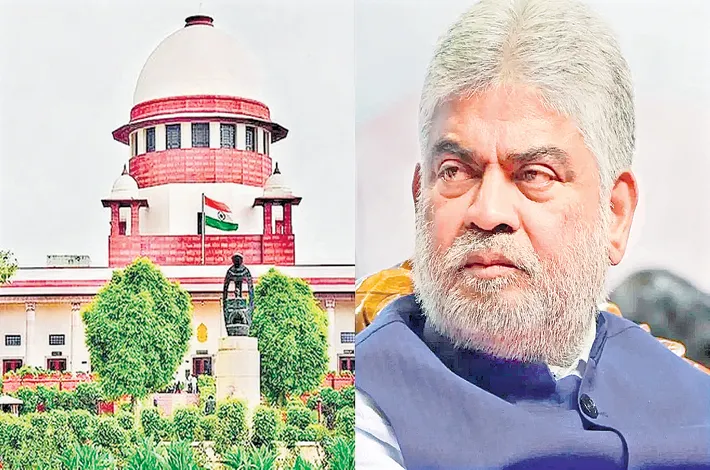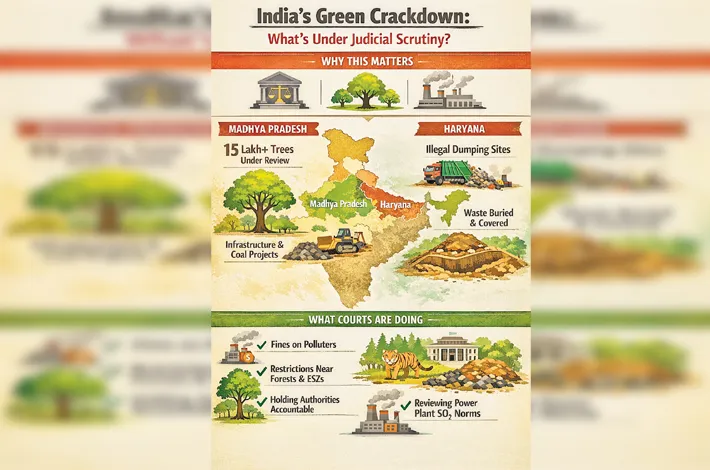Moonlit Whispers in Panchgani
30-05-2025 12:00:00 AM

The mist hung low over Panchgani, a quiet hill station nestled in Maharashtra’s Sahyadri mountains. The air was crisp, scented with pine and the faint sweetness of strawberries from nearby farms. It was late spring, and the town was alive with the soft hum of tourists and the occasional chirp of a sparrow. Among the winding roads and colonial-era cottages, two souls were about to collide in a way neither expected.
Aarav, a 29-year-old writer from Mumbai, had come to Panchgani seeking silence. His first novel had been a modest success, but the pressure to produce a second was suffocating. He rented a small cottage overlooking the Dhom Dam, hoping the serenity would coax words from his restless mind. Every morning, he sat at a wooden desk by the window, staring at a blank page, the distant hills mocking his creative drought.
One evening, restless and uninspired, Aarav wandered to Table Land, Panchgani’s sprawling plateau. The sun was dipping below the horizon, painting the sky in hues of orange and lavender. Families and couples dotted the landscape, but Aarav’s eyes caught a lone figure sitting on a bench, sketching furiously in a notebook. She wore a simple kurta, her dark hair tied loosely, strands dancing in the breeze. There was something magnetic about her focus, the way her pencil moved with purpose.
He didn’t mean to stare, but she noticed. Looking up, she smiled—a fleeting, curious smile that made Aarav’s heart skip. Embarrassed, he nodded and turned away, but her voice stopped him. “You look like you’re searching for something,” she said, her tone light but perceptive.
Aarav chuckled, scratching the back of his neck. “Is it that obvious? I’m a writer… or at least, I’m trying to be.”
She introduced herself as Nisha, a 27-year-old illustrator from Pune, visiting Panchgani to capture its landscapes for a project. They talked as the sky darkened, the conversation flowing effortlessly from art to dreams to the quirks of hill station life. Nisha spoke of her love for sketching forgotten places—old wells, crumbling walls, anything with a story. Aarav admitted his struggle to find a story worth telling. By the time they parted, the stars were out, and Aarav felt a spark he hadn’t in years.
Over the next few days, their paths crossed often—sometimes by chance, sometimes by design. They met at the bustling Mapro Garden, sharing strawberry cream under a canopy of trees. Nisha teased Aarav about his city-boy aversion to the cold, while he marveled at her ability to find beauty in the mundane. One afternoon, they hiked to Sydney Point, where the view of the Krishna Valley stole their breath. Nisha sketched the rolling hills, and Aarav, inspired, jotted down fragments of a story about a man lost in a town that felt like a dream.
Their connection deepened with each meeting, but it was a quiet evening at the cottage that changed everything. Nisha had come over to show Aarav her sketches, and they ended up on the porch, sipping chai as the moon rose over the dam. The water shimmered silver, and the world felt impossibly still. Aarav watched her talk, her eyes bright with passion, and realized he was falling in love. Not the loud, chaotic kind he’d written about in his novel, but something softer, truer.
“Do you ever feel like you’re running out of time?” he asked suddenly, his voice low. “Like you’re chasing something you can’t name?”
Nisha looked at him, her gaze steady. “All the time. But sometimes, I think we’re not chasing. We’re just… finding.”
She reached for his hand, her fingers brushing his, and the air between them crackled. Aarav’s heart raced, but he didn’t pull away. Instead, he leaned closer, and when their lips met, it was gentle, like the mist settling over the hills. The kiss held the weight of unspoken promises, of two people who’d stumbled into each other in a place that felt like it belonged to them alone.
But Panchgani, with its fleeting magic, wasn’t forever. Nisha’s project was nearing its end, and Aarav’s rental was up in a week. The thought of leaving hung over them like a storm cloud. One night, as they walked along the quiet lanes of Bhilar, the village of books near Panchgani, Nisha stopped under a streetlamp. “What happens when we leave?” she asked, her voice barely above a whisper.
Aarav wanted to say something profound, something worthy of the stories he wrote. But all he could manage was, “We take this with us. This feeling… it doesn’t end here.”
Nisha smiled, but there was a sadness in it. “You’re a writer. You believe in endings.”
“And beginnings,” he countered, pulling her close. “This is one.”
They spent their final days savoring every moment—riding horses at Table Land, sharing laughter over burnt rotis they tried to cook, and lying under the stars, dreaming aloud. When the day came to part, they stood at the bus stop, the morning mist curling around them. Nisha handed Aarav a sketch—a delicate rendering of the cottage, with two figures on the porch, their silhouettes bathed in moonlight. “So you don’t forget,” she said.
“I couldn’t,” he replied, his voice thick. He gave her a notebook filled with the story he’d finally started writing, inspired by her, by them. “Read it when you miss me.”
The bus pulled away, and Aarav watched until it disappeared around a bend. Back at his desk in Mumbai, the city’s noise felt jarring after Panchgani’s quiet. But when he opened his laptop, the words flowed. The story wasn’t just about a man lost in a hill station—it was about finding love in the spaces between, in the fleeting moments that linger forever.
Months later, a package arrived. Inside was a letter from Nisha, now in Delhi for a new project. She’d read his story, and her words were warm, teasing, alive with the memory of their time together. Tucked in the envelope was a new sketch—of a bus winding through hills, with two names scrawled faintly in the corner: Aarav and Nisha.
They wrote to each other, their letters crossing cities and seasons. And though distance stretched between them, Panchgani remained their secret, a place where the mist and the moonlight had woven their hearts together, promising that some stories, once begun, never truly end.








